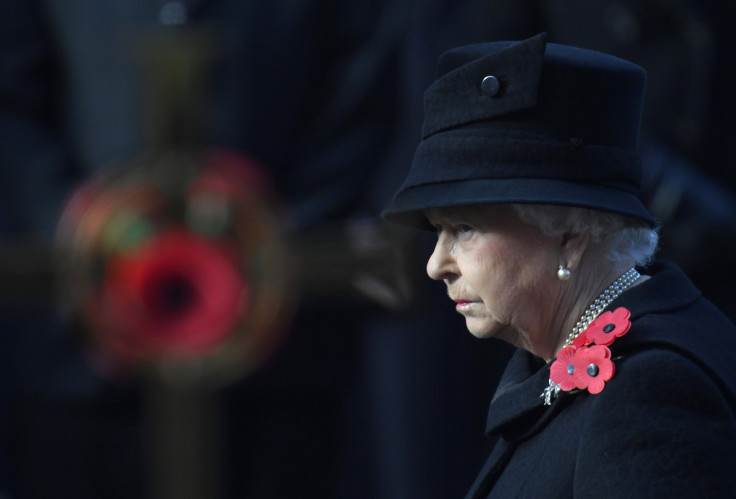Is Queen Elizabeth The Last Queen? Line Of Succession Includes Prince Charles, Prince William

What was described as a “heavy cold” and reportedly forced her highness to cancel Christmas travel plans has put Queen Elizabeth II’s reign and the British monarchy’s future under the microscope this week, including a debate over whether Prince Charles or Prince William should ascend to the throne.
Whatever happens, given the current line of succession and William’s son, George, it appears Britain may not see a woman wear the crown for decades to come.
A column published Thursday by John Lloyd, journalist and co-founder of the Reuters Institute for the Study of Journalism at Oxford University, dove into all aspects of the issue – namely the importance of the 90-year-old queen’s role at a time of great division in the United Kingdom as well as how popular she is, while Prince Charles really isn’t and Prince William’s potential rise could be problematic.
Ascending to power in 1952 after the death of her father, King George VI, Elizabeth has seen her country through wars and turbulent times while acting as a unifier and appointer for the most important positions in government – albeit in a largely ceremonial way.
Still, as the UK deals with the fallout over the so-called “Brexit,” Elizabeth is enjoying her highest approval ratings in 20 years. A poll conducted in April found 75 percent of respondents believe the monarchy plays an “important” role and only one in five are hoping for Elizabeth to retire, a major jump compared to 50 percent in 1981, Newsweek reported.
“The Queen is immensely popular. Almost 20 years ago, when things were going badly for the royal family—specifically after the death of Diana, and for at least a couple of years after that, a lot of the indicators looked pretty rocky. Anti-monarchists were confident their cause was gaining,” a King’s College London professor told Newsweek . “At that time, when asked whether the monarchy would survive another 50 years, the majority of the public thought it wouldn’t. That has completely changed. The Queen and the royal family have done a very good job of turning around public opinion. Most people in Britain feel the monarchy is part of their national identity.”
But if the monarchy hopes to build on and maintain that popularity, Lloyd posits Prince Charles may not be the answer. He suggests the prince’s outspoken nature on a number of issues like the environment, which he does “press” on government officials, could be problematic and the crown “will suffer for it.”
Prince William, on the other hand, may follow his grandmother’s style and keep up crown’s luster better than his father. The 34-year-old, who works as a pilot for the air ambulance service, has rarely taken any sort of public stance on major issues and his charity work, good looks and ever-popular wife in Kate Middleton.
Lloyd does, however, think if Charles is somehow passed over by his son – possible though unlikely – it could result in public “outbursts” from the Prince of Wales and only increase the burden on William to live up to Elizabeth.
While the issue continues to play out inside Buckingham Palace, it is quite clear that barring an unknowable calamity, Elizabeth will be Britain’s last queen for quite some time. After Charles and William, three year old George is next in the line of succession, followed by his sister, Charlotte, then William’s brother, Prince Harry.
© Copyright IBTimes 2024. All rights reserved.





















